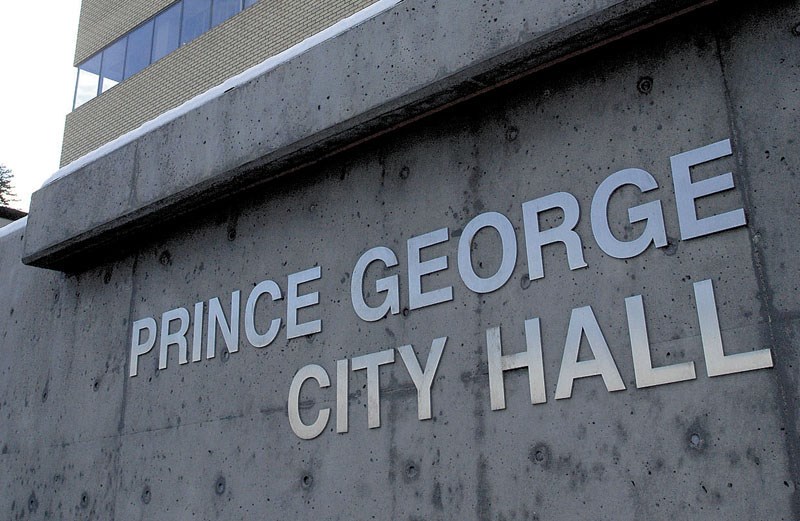The City of Prince George will start imposing late fees again on residents who pay their utility bills late in 2022, but at half the rate previously used.
In 2020, city council voted to waive the late penalties on utility bills as a form of economic relief for residents during the COVID-19 pandemic. On Monday night, city council voted to bring back the penalties for late payment next year.
Starting in January, residents who pay their municipal utility bills late will face a five per cent penalty. Prior to waiving the penalties in 2020, the city charged a 10 per cent late penalty. The reduction from 10 per cent to five per cent puts Prince George in line with other B.C. cities like Victoria, Saanich and Campbell River.
“We need to get back to regular business,” Coun. Kyle Sampson said. “There is no shortage of jobs in Prince George.”
City director of finance Kris Dalio said most Prince George residents did pay their utility bills on time in 2020 and this year, even without the late fees.
In a previous report to city council in February 2021, city administration had recommended the adoption of an interest payment system rather than a flat late penalty, where the city would charge interest on the unpaid utility bill balance until it was paid. Several cities in B.C., including Vernon, Kamloops and Chilliwack, use that approach.
While the city initially estimated the cost to develop software to calculate interest payments at $10,000 to $20,000, a software developer came back with a final estimate of $65,875 to develop software with the needed functionality, Dalio said.
City staff could do the calculations manually, Dalio said, but that would use additional staff time and increase the chances of human error.
“Not to say we wouldn’t look at an interest system down the road,” when off-the-shelf software is available, Dalio added.
The city bills residents on flat-rate water service twice a year, in April and October. Residents with water meters are billed quarterly.
In 2019, the city collected $392,778 in late penalties on utility bills, Dalio wrote in a report to city council. The city is expected to collect roughly half that much in 2022, he added.

